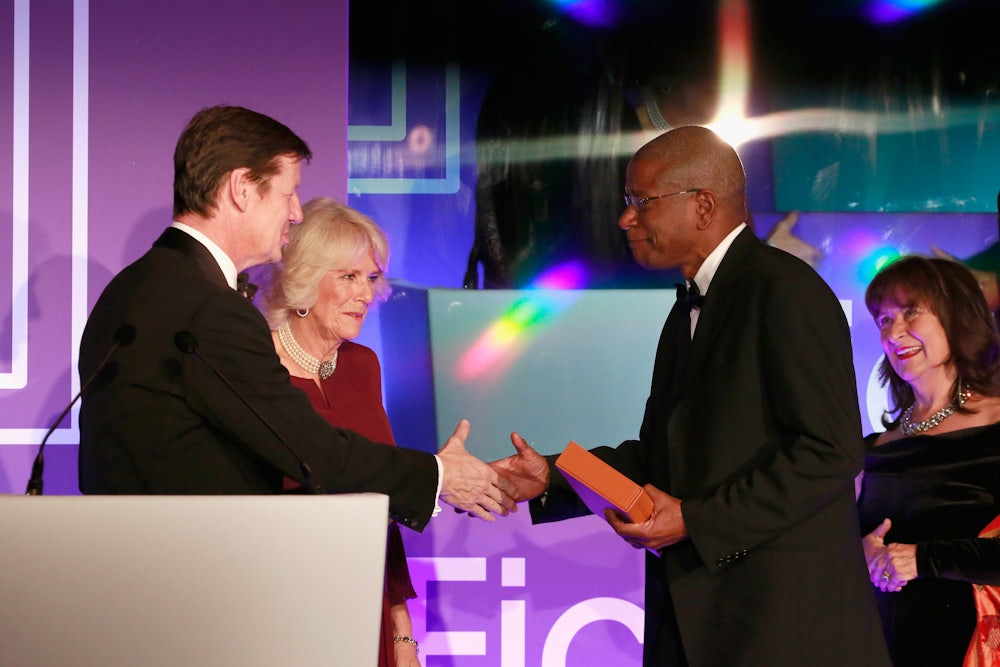Beatty won for The Sellout, a blistering satire, which follows a young black man who reinstitutes slavery and segregation in his Los Angeles neighborhood. Beatty became the first American to win the Man Booker Prize in its 46-year history—the prize was only recently opened to Americans—and it’s hard to think of a better first American Man Booker winner than The Sellout, a profane, hilarious, and often uncomfortable look at America. (If nothing else, the Man Booker Prize finally confirmed what has always been true, which is that Americans write the best books.)
The 2016 Man Booker Prize continued a recent trend—one that began even before the prize opened itself up to entries from outside the British Commonwealth—of ignoring established authors like Ian McEwen and Julian Barnes, in favor of younger and less well-known writers. The 2016 shortlist was bereft of superstars—a good thing, in my opinion, but one that regularly results in whining from the British publishing establishment—and instead consisted of relative unknowns. At least, that’s the narrative if you watched the BBC broadcast. The Sellout was a breakout book in the U.S. when it was published last year, in large part because it was the best book published in the U.S. that year. (That said, it was also criminally under-reviewed and took some time to emerge as the fiction book of the year.)
Coming months after Brexit and two weeks before the U.S. presidential election, there was an undeniable political tinge to the broadcast, though—fittingly for the British—it remained just a tinge. The presenter declared the prize as part of a “global vanguard that stands against all threats both practical and political” and for freedom of expression. Beatty himself was more personal as he accepted the award. Visibly emotional, Beatty thanked his agent, editor, and girlfriend and recalled reading The Sellout aloud for the first time and breaking down crying. “I don’t want to get all dramatic—writing saved my life and all that. But writing’s given me a life,” he said.
